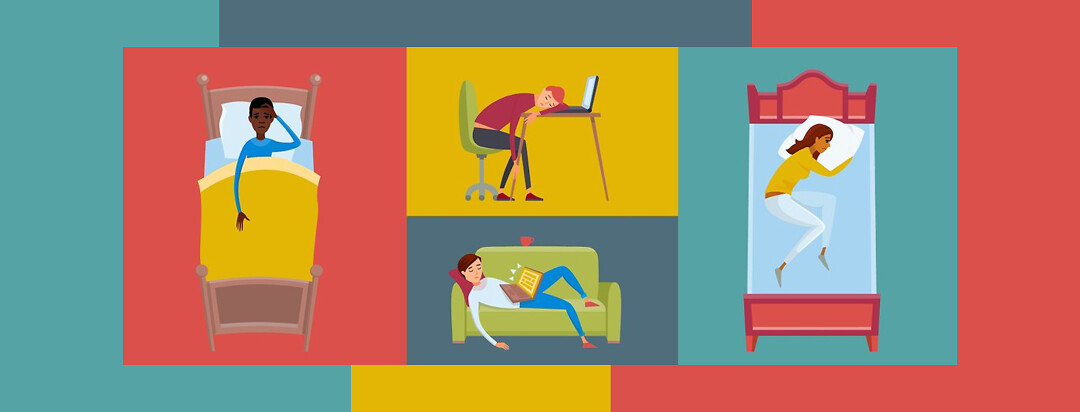Hepatitis C Fatigue
Hepatitis C (HCV) has different symptoms that vary from person to person. However, one of the most common symptoms is fatigue.
Fatigue is a feeling of exhaustion or low energy. Some say they get tired quickly or have a hard time building back their energy. Even after a full night’s sleep, someone with fatigue may still not feel rested and energized. Fatigue can be both physical and mental, and it often interferes with daily activities.1
Hepatitis C and fatigue
Doctors believe between 50 and 90 percent of those with hepatitis C have fatigue.1-4
Our Hepatitis C In America surveys have also found fatigue is one of the most common symptoms of hepatitis C. Between 70 to 90 percent of those surveyed have it.
Fatigue may be more likely in women with HCV, those over 50 years old, and those with cirrhosis or depression. Fatigue sometimes improves after successful treatment of hepatitis C. However, many still regularly experience fatigue after being cured.2
Why does fatigue occur?
The exact reason why fatigue occurs in hepatitis C is not well understood. It may be caused by the virus itself and changes it causes in the body. It may also be related to ongoing liver damage or other co-occurring health conditions. Plus, some HCV treatments may cause fatigue.3,4
People with hepatitis C are also more likely to have depression or other mental health issues than those without the virus. Fatigue can be a common symptom of these conditions as well. The stress of managing a chronic health condition can also play a role. Large medical bills, frequent doctors’ appointments, and dealing with other symptoms all contribute to fatigue.3
Managing fatigue
Fatigue can be hard to manage. Often, there is no one cause and no perfect treatment. Lifestyle changes and managing other co-occurring conditions are some of the best ways to battle fatigue.
Common lifestyle changes for managing fatigue include:
- Sticking to a regular sleep schedule
- Avoiding naps late in the day
- Exercising or being active regularly
- Eating a balanced diet
- Drinking plenty of water
- Practicing stress-relieving techniques like meditation, mindfulness, or yoga
- Taking breaks when feeling overwhelmed or exhausted
- Participating in activities that bring joy
Some of these changes may be easier said than done. They are also impossible to make all at once. Picking 1 or 2 lifestyle changes and setting realistic goals can be a great place to start. Small steps can lead to progress over time.
Having open conversations with your doctor and loved ones about how you are feeling can help start the process.
Community Poll
Do you have liver damage from hep C?

Join the conversation